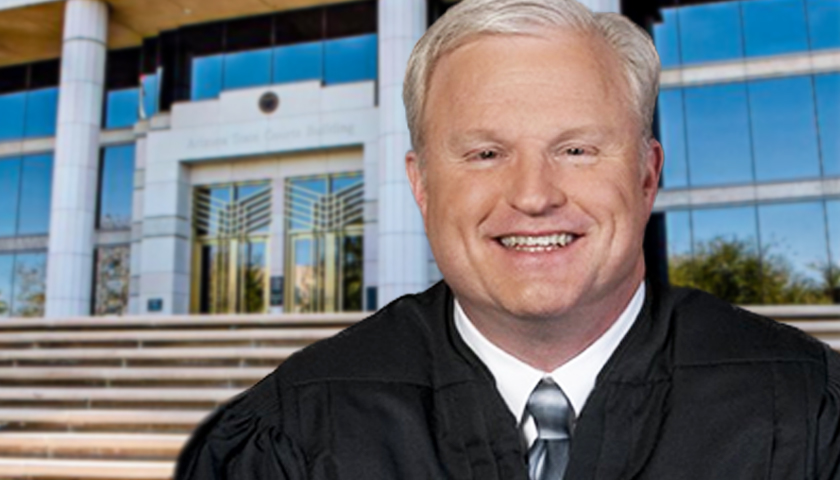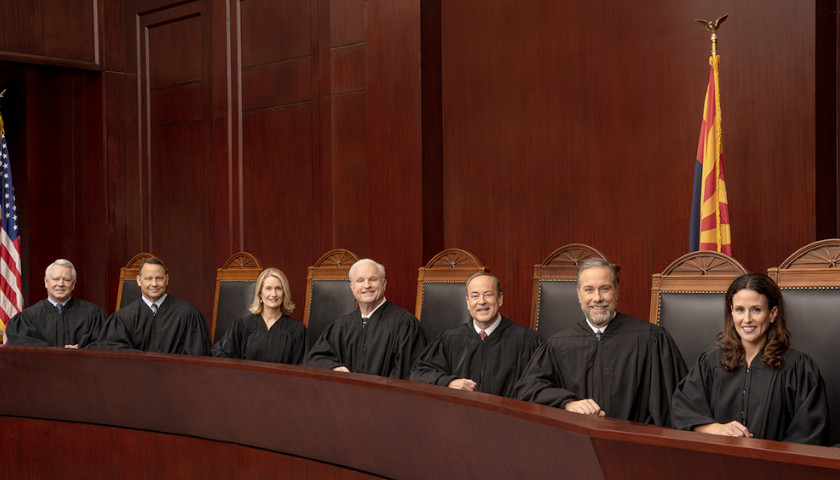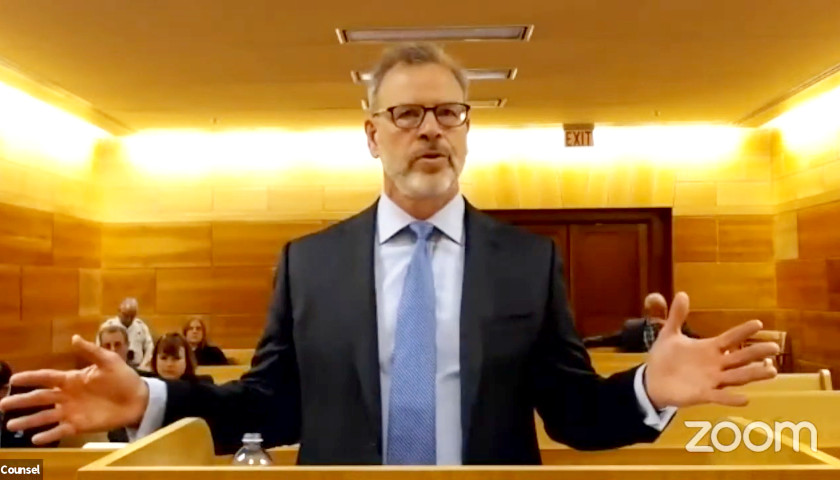by Cole Lauterbach
Arizona’s high court didn’t strike down a voter-approved tax increase on the wealthy, but it’s not going to let the influx of new revenue break a constitutional cap on education spending, either.
The Arizona Supreme Court remanded Fann vs. Invest in Education back to a trial court Thursday morning, saying it’s too early to say whether the ballot initiative is entirely unconstitutional.
Arizona Senate President Karen Fann, R-Prescott, and other lawmakers challenged the constitutionality of Prop. 208, seeking to enjoin the tax until they could prove it doesn’t meet constitutional muster.
The lawmakers claim only legislators can levy a tax and voters wouldn’t have approved the measure had they known most of the money would have been tied up under spending caps.
At issue is whether voters would have supported Prop. 208 had they known it was possible a large portion of the money couldn’t be spent legally because of spending limits in the state constitution.
The new law is expected to raise about $800 million annually and be distributed to the state’s public schools to increase teacher pay and fund other initiatives. The justices estimated $600 million of that wouldn’t be accessible under current laws capping annual education spending.
The majority opinion, written by Chief Justice Robert Brutinel, said the defense’s position that the 3.5% tax was a “grant” isn’t valid, but the tax itself isn’t ready for a final verdict.
“We hold that the direct funding provision does not fall within the constitutional definition of grants in article 9, section 21 of the Arizona Constitution, and Prop. 208 is therefore unconstitutional to the extent it mandates expending tax revenues in violation of the Education Expenditure Clause,” Brutinel wrote. “Likewise, the remaining non-revenue related provisions of Prop. 208 are not separately workable and thus not severable. However, because we cannot determine at this preliminary stage of the case the extent to which, if any, such funding will exceed the constitutional expenditure limitation, we decline to enjoin the imposition of the tax pending further proceedings in the trial court.”
The court did hold voters could enact a tax on themselves via a ballot initiative, something Fann’s camp claimed was the sole duty of the Legislature.
Vice Chief Justice Ann Timmer partially dissented, saying the measure should be allowed to remain if one part is deemed unconstitutional.
“Fann has not shown that Prop. 208 is facially unconstitutional,” she said. “But because I disagree with the majority’s severability analysis and the framework imposed on the trial court for deciding whether Prop. 208 is unconstitutional, almost certainly dooming the measure, I dissent from that part of the opinion.”
Gov. Doug Ducey reacted to the opinion.
“The Supreme Court has said it plainly and clearly: Prop 208 is, in their words, ‘unconstitutional’. As one Justice put it: The framework ‘almost certainly dooms the measure,'” he said. “There is a clear legal path to Prop 208 being knocked down entirely, it’s only a matter of time. Today’s ruling is a very positive one for the state and for taxpayers. The out-of-state proponents of this measure drafted bad language, and now they are paying the price.”
Proposition 208 narrowly passed in the 2020 general election. It institutes a 3.5% tax hike on income over $250,000 for taxpayers filing individually or $500,000 for jointly filing. The higher income tax placed Arizona at the ninth-highest income tax brackets in the nation in terms of the top marginal rate. Business advocates called the new rates a “growing crisis” in terms of the state’s competitive stance compared with others that recently lowered their tax burdens.
The tax is separate from regular state income and cannot be reduced or supplanted by state lawmakers. To get around this, Republicans enacted a budget that eventually flattened the state’s income tax to 2.5%. They also included a 4.5% tax cap on what individuals could pay as a percentage of their income, which lowered those subject to the 3.5% tax to a 1% state income tax burden.
Invest in Education is leading campaigns to get initiatives on the 2022 General Election ballot to invalidate these laws.
The initiative had survived other challenges in lower courts, finding the controversial aspects of the measure’s language to hold constitutional muster.
– – –
Cole Lauterbach is a regional editor for The Center Square covering Arizona, California, Oregon, and Washington. For more than a decade, Cole has produced award-winning content on both radio and television.
Photo “Arizona Supreme Court” by David Pinter (CC BY 3.0).








